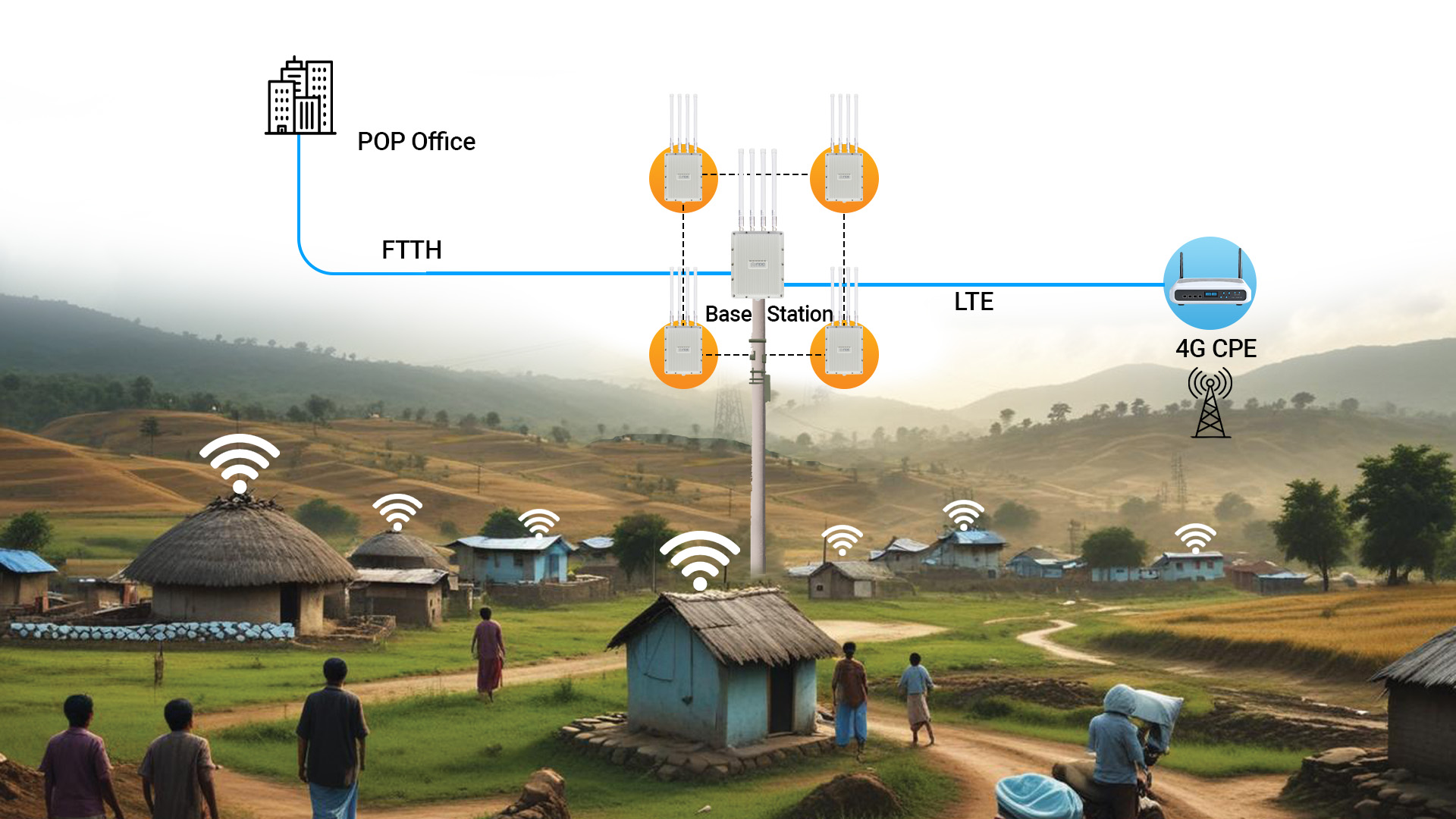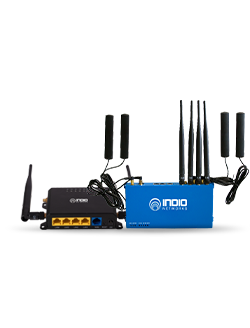Over a billion people around the world live in rural areas without access to the Internet,
cutting them off from opportunities to participate in the digital economy or benefit from
critical digital services like healthcare, education, and government programs. A United
Nations report highlights this growing digital divide as a rising contributor to global
inequality.
Expanding Internet access in rural and underserved regions through Wi-Fi hotspots
offers a powerful solution. As one of the most cost-effective and efficient technologies,
Wi-Fi is ideal for delivering last-mile connectivity to these areas.
Indio Networks is tackling this challenge with its comprehensive public Wi-Fi
solution designed specifically for rural connectivity. The company has created an
affordable, scalable platform that powers Wi-Fi hotspots in villages and remote locations.
This is supported by Indio's robust cloud-based service management platform, enabling
seamless authentication, billing, and subscriber management—making rural Internet access not
just possible but sustainable.
Rural Connectivity Challenges
Deployment & Maintenance
Rural connectivity solutions must be easy to deploy, manage, and maintain due to limited resources which make such deployments costly and complex.
Affordability
Successful rural connectivity projects require low deployment and operational costs, with solutions that minimize CAPEX and OPEX for long-term sustainability.
Robust & Secure
The equipment must be highly robust to endure harsh conditions, while networks should ensure strong security to protect user data and maintain privacy without compromise.
Rural Wi-Fi Hotspot Deployment









